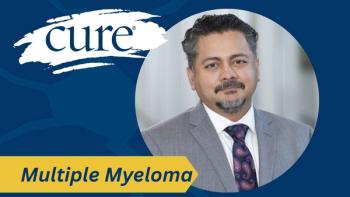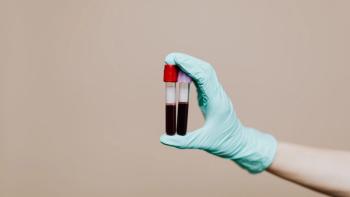
- Spring 2018
- Volume 1
- Issue 1
CAR-T Cell Immunotherapy: Could it Be a Revolution in the Making?
It takes a lot to call something a revolution in medicine ... The most important, of course, is its impact on people’s lives — particularly, a cure for illness or a major extension of life. A revolution also implies a sweeping cataclysmic change, one that is disruptive and boldly states that things will no longer be the same.
It takes a lot to call something a revolution in medicine. One required aspect is the strategy’s basis on pivotal scientific advances or technology. Another is a biological effect that is distinct and never before seen. The most important, of course, is its impact on people’s lives — particularly, a cure for illness or a major extension of life. A revolution also implies a sweeping cataclysmic change, one that is disruptive and boldly states that things will no longer be the same.
At
The last decade has witnessed transformative changes in
Cancer cells are immunologically similar to normal ones and can evolve mechanisms to evade immune surveillance. In contrast, in CAR therapy, genetic engineering generates a customized T cell that recognizes a distinct protein on cancer cells, bypassing the need for the immune system to take its usual multitude of steps to fight cancer. Also, these immune cells can stay in circulation for years, ready to recognize and attack dormant cancer cells that may re-emerge over time. In cases of myeloma, as our feature article describes, this technology is showing remarkable early results.
I have to admit that I am not quite ready to label CAR-T cells a revolution, but this highly innovative platform is certainly a candidate for this as we await its impact in many diseases — not only its long-term effects and ability to really cure cancers but also its safety record. After all, the first two CAR-T products were approved in September and October 2017.
Time will tell, but we should be grateful to the many scientists and clinicians who invented and translated this technology to patient care, as well as to the brave patients who participated in clinical trials to get us to this promising point.
DEBU TRIPATHY, M.D.
Editor-in-Chief Professor of Medicine Chair, Department of Breast Medical Oncology The University of Texas MD Anderson Cancer Center
Articles in this issue
over 7 years ago
A Time for Actionover 7 years ago
The Center of Attentionover 7 years ago
Team Playerover 7 years ago
Hold the Phoneover 7 years ago
Straight to the Heartover 7 years ago
Unbreakable Bonds


